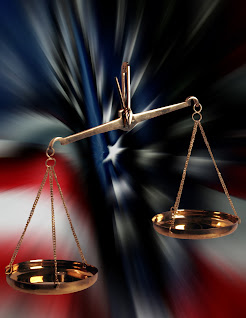Washington Law Against Discrimination Is Potent
This chapter shall be known as the “law against discrimination.” It is an exercise of the police power of the state for the protection of the public welfare, health, and peace of the people of this state, and in fulfillment of the provisions of the Constitution of this state concerning civil rights. The legislature hereby finds and declares that practices of discrimination against any of its inhabitants because of race, creed, color, national origin, families with children, sex, marital status, sexual orientation, age, honorably discharged veteran or military status, or the presence of any sensory, mental, or physical disability or the use of a trained dog guide or service animal by a person with a disability are a matter of state concern, that such discrimination threatens not only the rights and proper privileges of its inhabitants but menaces the institutions and foundation of a free democratic state... .
WLAD requires a liberal construction in order to accomplish the purposes of the law and states that nothing contained in the law shall “be construed to deny the right to any person to institute any action or pursue any civil or criminal remedy based upon an alleged violation of his or her civil rights.” Marquis v. City of Spokane, 130 Wn.2d 97, 108, 922 P.2d 43, (Wash. 1996).
The provisions of this chapter shall be construed liberally for the accomplishment of the purposes thereof. Nothing contained in this chapter shall be deemed to repeal any of the provisions of any other law of this state relating to discrimination because of race, color, creed, national origin, sex, marital status, sexual orientation, age, honorably discharged veteran or military status, or the presence of any sensory, mental, or physical disability, other than a law which purports to require or permit doing any act which is an unfair practice under this chapter. Nor shall anything herein contained be construed to deny the right to any person to institute any action or pursue any civil or criminal remedy based upon an alleged violation of his or her civil rights... .
LEARN MORE









